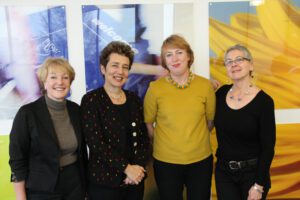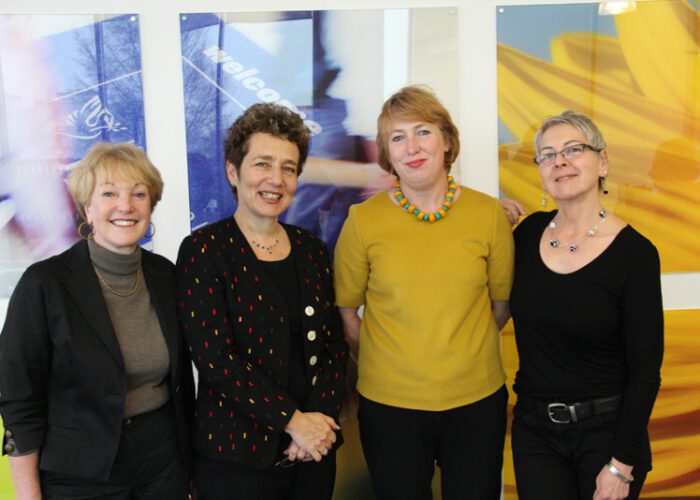
Female journalists, both aspiring and distinguished professionals, gathered at LJMU’s Redmonds Building this week to discuss the challenges and changes for women in journalism and the media.
Guest speakers travelled from London, Newcastle and Leeds to give their interpretations on the gender divide that still exists within the industry.
Bronwyn Jones from JMU Journalism and Charlotte Barlow from Liverpool University began the session with a quick run through of the day, before handing over to Professor Suzanne Franks from the City University, London.
Professor Franks explored the idea of the “glass ceiling” which so many women in the media are faced with. She pointed out that the majority of journalism students are female, but posed the question, what happens next?
The audience heard astonishing figures about the under-representation of women in this field, and how women continue to be judged and prejudiced for their opinions, even in this day and age. Deirdre O’Neill from Leeds Trinity University made similar points in her presentation about the lack of women reporting about sport.
She asked: “Why is it like this? Is it prejudice? Macho culture? Lack of aspiration? Unwillingness to work in a male dominated environment?
“Whatever the reason, there are just too few women attempting to break through the barrier in order for it to become normalised anytime soon.”
Themes such as sexualisation, senses of entitlement and women’s pages were explored, and the audience debated topics such as hard and soft news, feminism, stereotyping and equality.
While a lot of the day was spent examining the challenges women have and continue to face, Karen Ross assured the audience there is still hope for change.
She said: “When I was in Liverpool, I held a second year module called Media and Gender. Each year the number of students in the class doubled, with both male and female students. Over the 12 weeks I saw male students change their attitudes. It was the first time they paid attention to issues of genders.
“It is up to those of us who are educators to help those who are willing to learn. I do think the agenda is changing. We are seeing a lot of things change. We still have a lot to do, but I’m optimistic.”
JMU Journalism TV report by Aimee Morris

